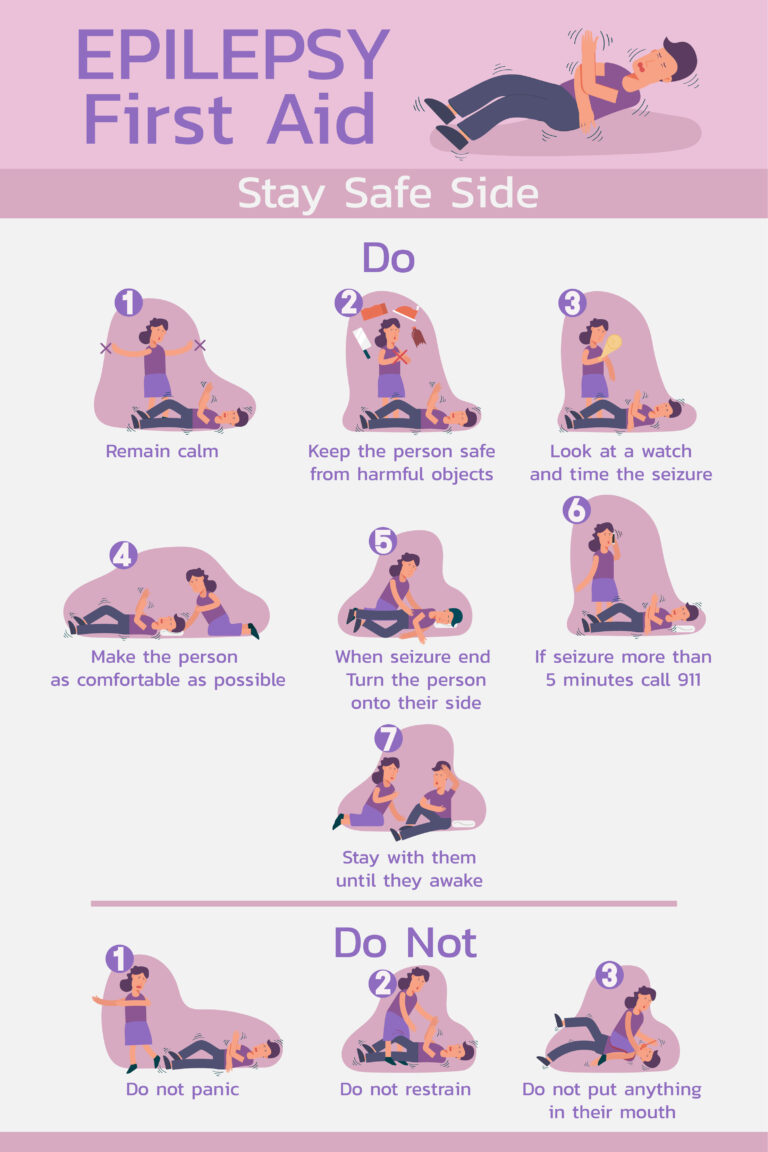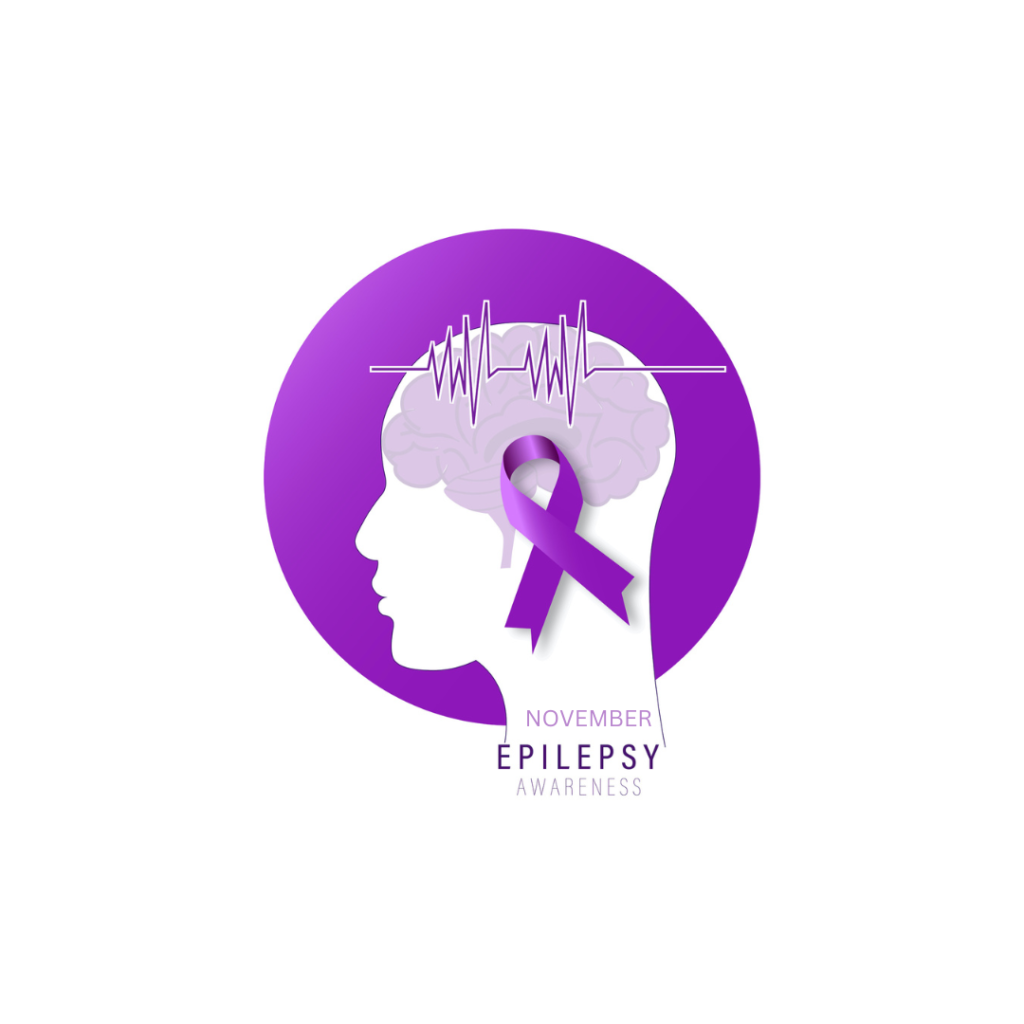About National Epilepsy Month - Why We Celebrate
What is Epilepsy?
Epilepsy is a neurological condition that affects the nervous system. It is characterized by recurrent seizures that can range from mild to severe. Seizures are caused by abnormal electrical activity in the brain. Epilepsy can develop at any age, but it is most commonly diagnosed in children and young adults. There is no cure for epilepsy, but it can be managed with medication and other treatments.
There are many different causes of epilepsy, but in around 60% of cases, the cause is unknown. Some other possible causes include head injuries, stroke, tumors, certain infections, and genetic factors.
Common Myths and Misconceptions about Epilepsy
Despite being quite common, there is still a lot of misinformation about epilepsy out there. Let’s dispel some of the most common myths:
Myth #1: Epilepsy is rare – As we mentioned earlier, around 1 in 100 people have epilepsy. This means that it’s actually more common than many people realize!
Myth #2: Epilepsy only affects children – Although epilepsy is most commonly diagnosed in children and young adults , it can actually develop at any age. In fact, around 4% of adults over 65 also live with the condition.
Myth #3: All seizures involve convulsions – Many people believe that all types of seizures involve convulsions or shaking , but this isn’t always the case. There are many different types of seizure that can occur, and not all of them involve physical shaking or convulsions.
Epilepsy First Aid

We hope that this blog post has helped educate you about epilepsy and bust some of the common myths surrounding the condition. Remember, if you or someone you know experiences epileptic seizures, don’t hesitate to speak to a doctor or contact your local Epilepsy Foundation for support! And if you want to get involved in supporting those living with epilepsy during November’s Epilepsy Awareness Month campaign, there are lots of ways to do so – check out their website for more information on how you can get involved!
Thanks for reading!


